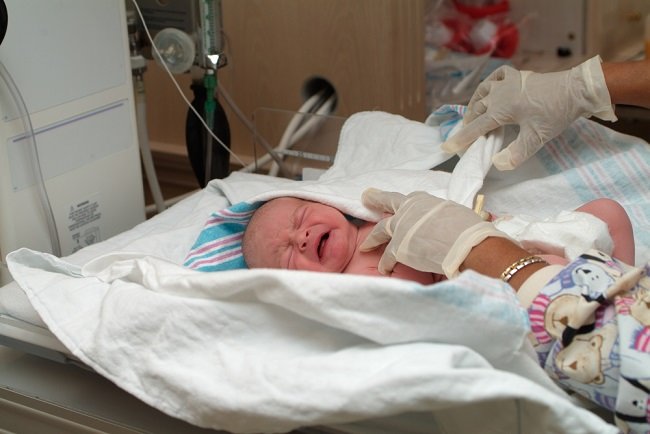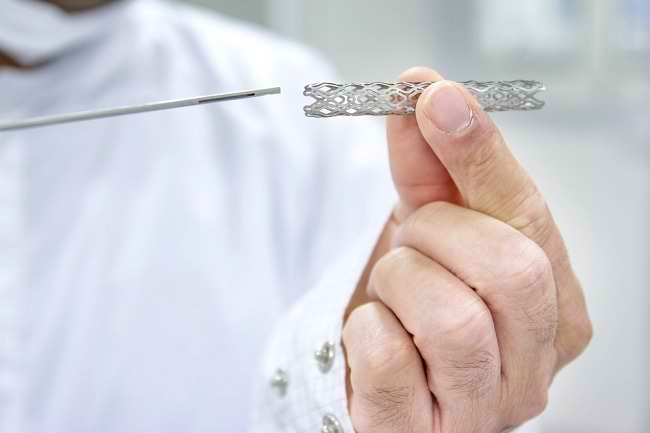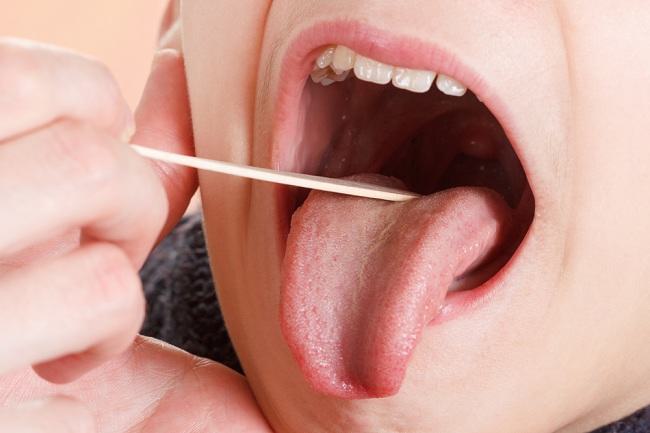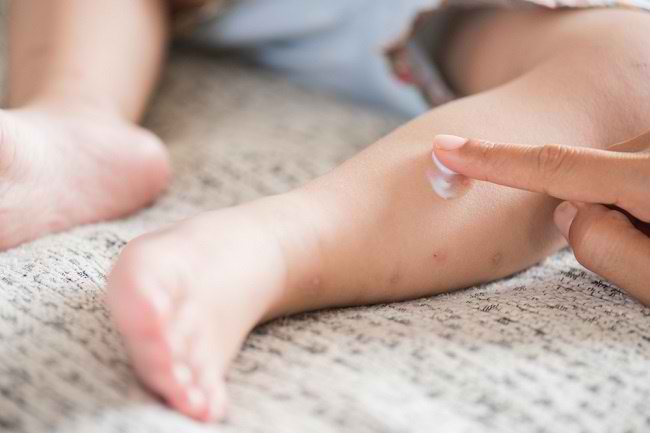Cavities in children should not be underestimated, yes, Bun. The reason is not only can cause pain or tooth loss, but also other, more serious dangers. Come on, know what are the dangers that can lurk due to cavities.
Sweet foods and drinks are often inseparable from children. If the consumption of this type of food and drink is not accompanied by good oral hygiene, children are more at risk of having various dental problems. One of them is cavities.

The remains of food that stick to the teeth can be a source of food for bacteria. Therefore, bacteria gather there, form plaque, then eat the leftover food and turn it into acid. Gradually, the acid produced by these bacteria will erode the outer layer of the tooth (enamel) and form a hole.
Dangers That Can Be Experienced by Children Due to Cavities
Cavities are often considered a common thing in children. However, this condition can have a negative impact on their health, you know, Bun. The following are the dangers of cavities in children that you should know:
1. Toothache
Usually, toothache is not felt when the hole in the new tooth is formed. Severe pain in the tooth generally occurs when the cavity gets bigger and has affected the nerves. The pain is usually throbbing and gets worse when eating, especially when you eat hot or cold food.
Toothache due to cavities can make it difficult for children to chew and eventually refuse to eat until they lose weight. In addition, pain due to cavities can also interfere with a child's comfort while resting or concentrating while studying.
2. Broken or dislodged teeth
Untreated cavities run the risk of breaking, porous, and even completely dislodged teeth. Broken or dislodged teeth can make it difficult for children to chew food.
In addition, the shape of the teeth looks irregular and black. Dislodged teeth can also make the position of other teeth shift and fall apart. This could have made him feel insecure when he spoke or smiled, so it is not impossible to hinder his achievement.
3. Tooth abscess
Although rare in children, dental abscesses can form in cavities that are left alone. A tooth abscess is a pus-filled lump on the root of a tooth caused by a bacterial infection. The swelling caused by this condition can be very painful.
Not only that, bacteria in hollow teeth can also spread to the walls of the sinus cavity and cause sinusitis. In more severe conditions, bacteria from the teeth can also enter through the bloodstream and cause infections in the heart, bones, or even cause blockages in the blood vessels of the brain.
4. Damage to potential permanent teeth
Permanent teeth usually only start to grow when a child is 6 years old. If cavities occur in baby teeth, the underlying permanent teeth can become more brittle.
As a result, the teeth that will continue to be owned by children into adulthood will be more sensitive to food, more susceptible to bad bacteria, and also more prone to caries and cavities. Not only that, permanent teeth can also have a brownish yellow color that looks unhealthy.
Cavities can have a negative impact on children's health in general, and interfere with comfort, learning concentration, and appearance. Therefore, it is important for you to prevent cavities from occurring. One way is to get your little one to brush their teeth regularly 2 times a day. For children under 6 years old, use a low-grade children's toothpaste fluoride, yes, bud.
In addition, limit the consumption of sweet foods and drinks for your little one. It is better to give him healthy foods that can support the formation of better teeth, such as vegetables, fruits, and milk and processed products.
Do your little one's first dental checkup before he is 1 year old and routinely after he is 2 years old, so that dental problems can be found and resolved early on. However, if you first notice a change in tooth color or maybe a hole or porous tooth in your little one, immediately take him to the dentist, yes, Bun.









